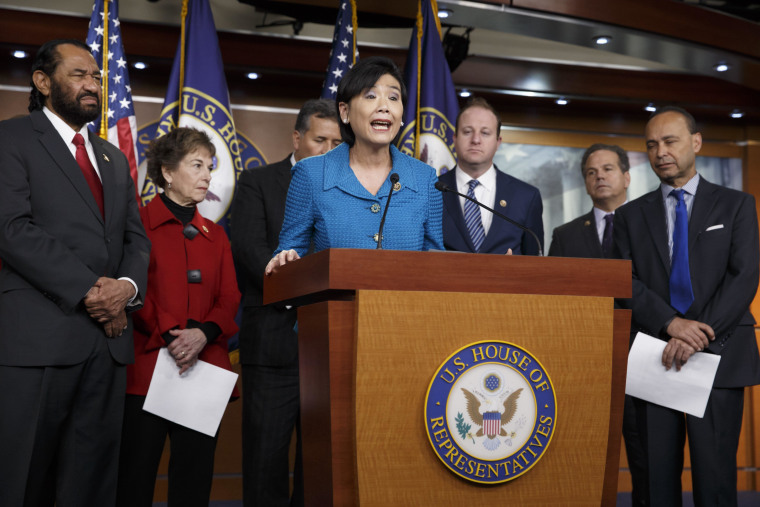The percentage of state legislators who identify as non-white does not accurately reflect the demographics of the United States, a new report released by The New American Leaders Project found.
In the report published Monday, Sayu Bhojwani, president and founder of The New American Leaders Project, noted that fewer than 2 percent of the half a million state and local seats "are held by Asian Americans and Latina/os" — a significantly small percentage compared to the estimated size of Hispanic (17.4 percent) and Asian Americans (5.4 percent) in the U.S.
According to the report, only 14 percent of state legislators identify as African American, Asian American, Latino, or Native American, despite those groups making up nearly 40 percent of the American population.
The report also notes that more than 42 million Americans are foreign-born, according to the U.S. Census Bureau, with the largest groups being first- and second-generation Asian-American and Hispanic immigrants. However, less than 6 percent of state legislators are from those immigrant communities.
"Even as legislatures churn out bills directly related to immigration,the vast majority of representatives writing, debating and passing that legislation are White males," the report states.
Asian and Hispanic residents face unique challenges to getting on the ballot and winning elections, according to the report, including a lack of affiliation with political party organizations and fundraising. The report also points to discouragement as a key barrier to running for office. "Asian Americans report independently considering running and having someone else suggest they run much less frequently than all other groups," the report finds, adding that 1 in 3 Hispanic women said they had been discouraged from running for office.
According to a 2014 report from the Asian Pacific American Institute for Congressional Studies, a record number of Asian-American candidates ran for office during the midterms, but there are still challenges to get Asian-American candidates elected, including voter registration and voter turnout.
Follow NBC Asian America on Facebook, Twitter, and Tumblr.
RELATED
- On the Rise: Local Democratic AAPI Candidates to Watch in 2016
- On the Rise: Local Republican AAPI Candidates to Watch in 2016
As Asian-American Electorate Grows, GOP Aims to Turn Local Wins National
- New Super PAC Launches, Aims to Increase Asian-American Votes
Courting the Youth Vote: How Both Parties Plan to Target Asian-American Millennials
Enthusiasm High Among Young Asian Americans, But Outreach Is Low
Correction: An earlier version of this article said that more than 42 million residents of California were foreign born. That number actually refers to the number of foreign-born residents in the United States.
